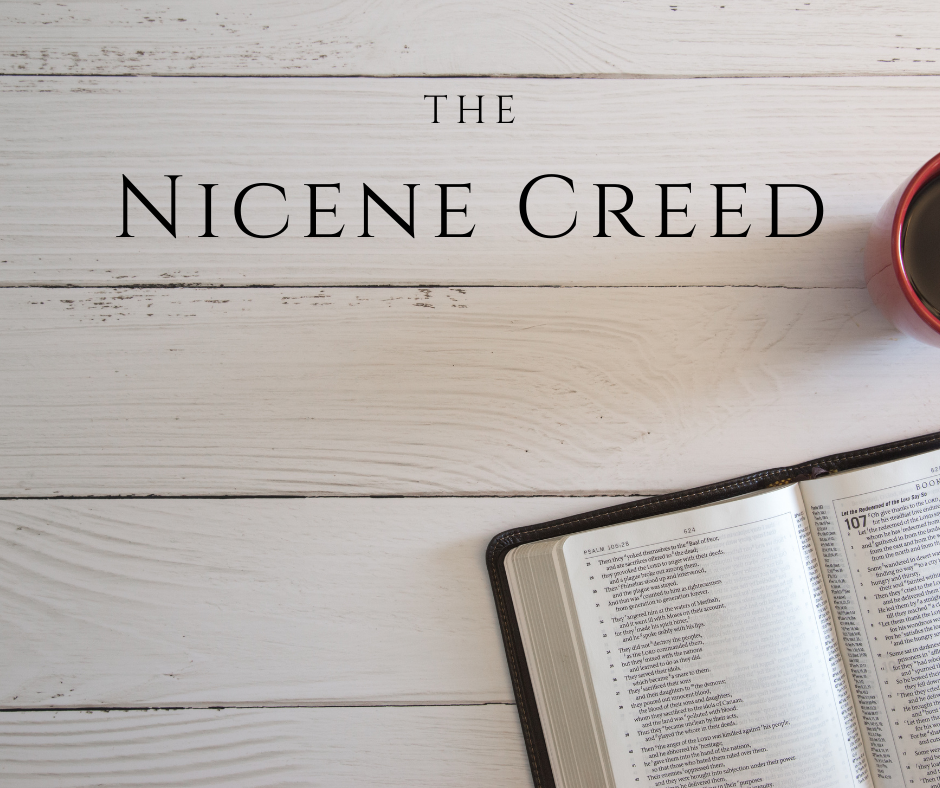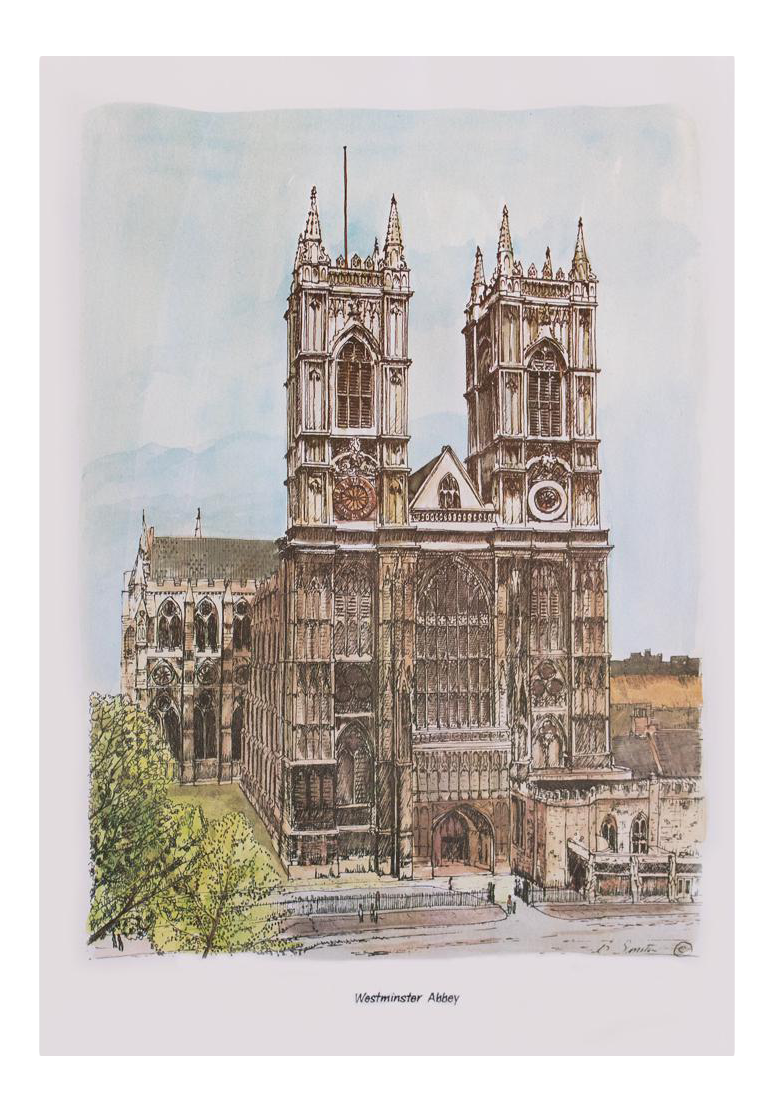Sinners and Outsiders
Sinners and Outsiders Have you ever met a person who is so in love with a particular topic that they talk about all the time? They find a way to bring it up in conversation all the time. Everyone else in the conversation begins to sigh as they know it would take a house fire to end this conversation. They talk about their love of a particular TV show, or particular cars, or interest. Sometimes it can feel like this when
ONE Lord Jesus Christ
This week we look at the second person of the Trinity, Jesus Christ. The opening section is about 9% of the Creed, whereas the ‘Christological’ section is about 58% of the Creed. The ecumenical council that met at Nicaea (325 AD) was to address the issue of Christ’s relationship to the Father. There were significant heresies that were arising around in that period where notably Arianism, Apollinarianism, Macedonianism (also called Pneumatomachianism), and Chiliasm. All of which says Christ became God
Father Almighty
The second line of the Nicene Creed is that we believe in the Father almighty. The Trinity is no difficult to say or even understand we believe there is but One only, the living and true God. The one true and living God There are three persons in the Godhead; the Father, the Son, and the Holy Ghost; and these three are one God, the same in substance, equal in power and glory (WSC 4-5). When we use earthly examples
Bitter to Blessed
Ruth 4:13-17- Bitter to Blessed In the first five verses in the book of Ruth, we saw the loss of Naomi’s family. She went to the fields of Moab full and came back empty. In the first five verses, she goes through significant loss, which she explained is the Lord dealing with her bitterly (Ruth 1:20). This week, in these five verses, she goes from bitter to blessed. Naomi saw redemption from the hand of Boaz. Boaz was standing at the
The Court Room
Ruth 4:1-12- The Court Room Last week we looked at the promise made by Boaz to Ruth on the threshing floor, that he would redeem her if the relative closer to her would not. The chapter ended with Ruth’s return to her home with Naomi. Naomi said, “Wait, my daughter, until you learn how the matter turns out, for the man will not rest but will settle the matter today.” Ruth returns home in the early morning, and we will see
Westminster Shorter Catechism in 52 Weeks
1 Foundations Q 1-3 2 God Q 4-6 3 Decrees Q 7-8 4 Creation Q 9-10 5 Providence Q 11-12 6 First Parents Q 13 7 Sin Q 14-15 8 First Transgression Q 16-17 9 Fall Q 18 10 Misery of that estate Q 19 11 Estate of Sin Q 20 12 Redeemer Q 21-22 13 Prophet Q 23-24 14 Priest/King Q 25-26 15 Humiliation/Exultation Q 27-28 16 Partakers Q 29-30 17 Effectual Calling Q 31-32 18 Justification/Adoption Q 33-34 19 Sanctification Q 35-36 20 Benefits at Death Q 37-38 21 Duty of man Q 39-40 22 Moral Law Q 41- 42 23 Preface Q 43-44 24 First Commandment Q 45-46 25 Q 47-48 26 Second Commandment Q 49-50 27 Q 51-52 28 Third Commandment Q 53-54 29 Q 55-56 30 Fourth Commandment Q 57 31 Q 58-59 32 Q 60 33 Q 61-62 34 Fifth Commandment Q 63-64 35 Q 65-66 36 Sixth Commandment Q 67-69 37 Seventh Commandment Q 70-72 38 Eighth Commandment Q 73-75 39 Ninth Commandment Q 76-78 40 Tenth Commandment Q 79-81 41 Is any man able Q 82-84 42 Escape his wrath Q 85-86 43 Repentance unto life Q 87 44 Outward Means Q 88 45 Word Q 89-90 46 Sacraments Q 91-93 47 Baptism Q 94-95 48 Lord's
We believe in one God
As we continue to look at the Nicene Creed, it is important to notice the first word of the creed, 'We.' One of the great benefits of professing a creed is the summary of Christian doctrines as revealed in the Scriptures. Also, these truths have been confirmed and said by the saints throughout the ages. In a post-modernist world, where the mantra phrase might be, you can have your truth, and I will have my truth, which focuses on the
Nicene creed
We are looking at the Nicaeno-Constantinopolitan Creed or Nicene creed. The creed was originally written in 325 AD but later expanded in Constantinople in 381 AD. The expanded section dealt with the Holy Spirit. The original creed was written at the council of Nicaea (present day Iznik, Turkey), hence why we call it the Nicaean Creed. In 324 AD the Roman empire was united again under Constantine, who was a recent convert to Christianity. The council of Nicaea was the






